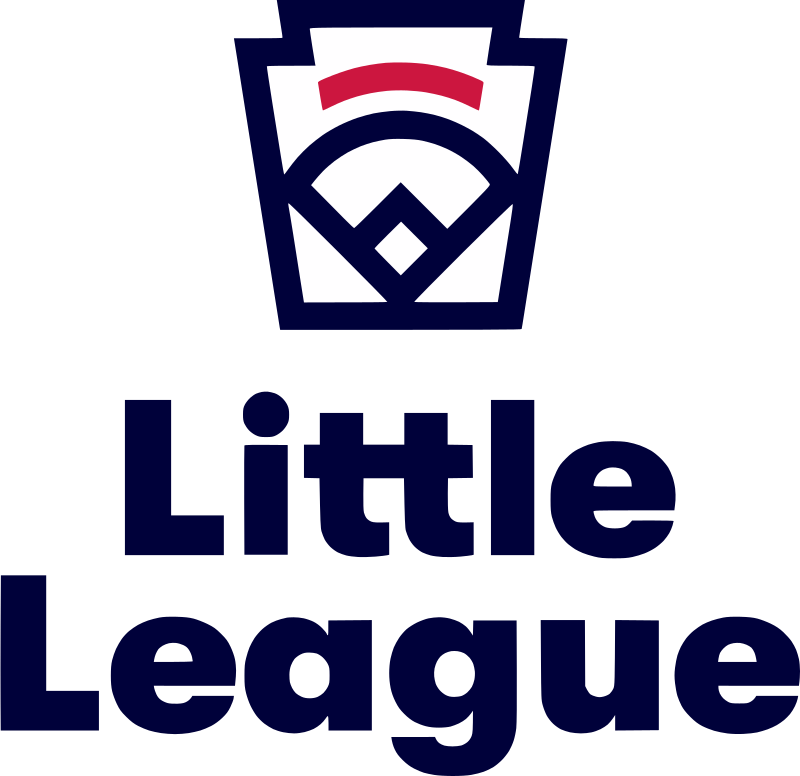What Is the Little League World Series Mercy Rule?
The Little League World Series (LLWS) mercy rule, also known as the run rule, ensures games don’t become overwhelmingly one-sided. It’s designed to protect young players from fatigue, maintain sportsmanship, and keep the tournament on schedule.
In the LLWS, the mercy rule takes effect if:
- A team leads by 15 or more runs after 3 innings, or
- A team leads by 10 or more runs after 4 innings.
When this happens, the game ends immediately, and the leading team is declared the winner.
Why Does the LLWS Use the Mercy Rule?
The mercy rule in Little League exists for several important reasons:
- Sportsmanship: Prevents players from being discouraged in games with lopsided scores.
- Player Safety: Protects pitchers and fielders from unnecessary fatigue.
- Tournament Efficiency: Helps keep the Little League World Series schedule on track by avoiding unnecessarily long games.
Historical Examples of the Mercy Rule in Action
Over the years, the mercy rule has been applied in numerous Little League World Series games.
- International powerhouses such as Japan, South Korea, and the Caribbean teams have often won early-round games by mercy rule margins.
- U.S. regional champions have also recorded decisive wins, particularly before facing stronger opponents in the elimination stages.
These outcomes highlight the diversity of competition in the LLWS, where skill levels can vary widely in early matchups.
Is the Mercy Rule Used Outside the LLWS?
Yes. The mercy rule is common across youth and amateur baseball:
- High school baseball often uses a 10-run rule after five innings.
- International amateur tournaments adopt similar thresholds to balance competition.
- Major League Baseball (MLB) does not use a mercy rule, though games can end early in rare cases such as weather-related suspensions.
Final Thoughts on the LLWS Mercy Rule
The Little League World Series mercy rule ensures fair play, protects young athletes, and reflects the tournament’s values of respect and sportsmanship. While it may end games early, it helps maintain the spirit of the LLWS—where kids learn to compete, grow, and love the game of baseball.
Key Takeaway: The LLWS mercy rule ends games when a team leads by 15 after 3 innings or 10 after 4 innings, ensuring fairness, safety, and enjoyable competition.


